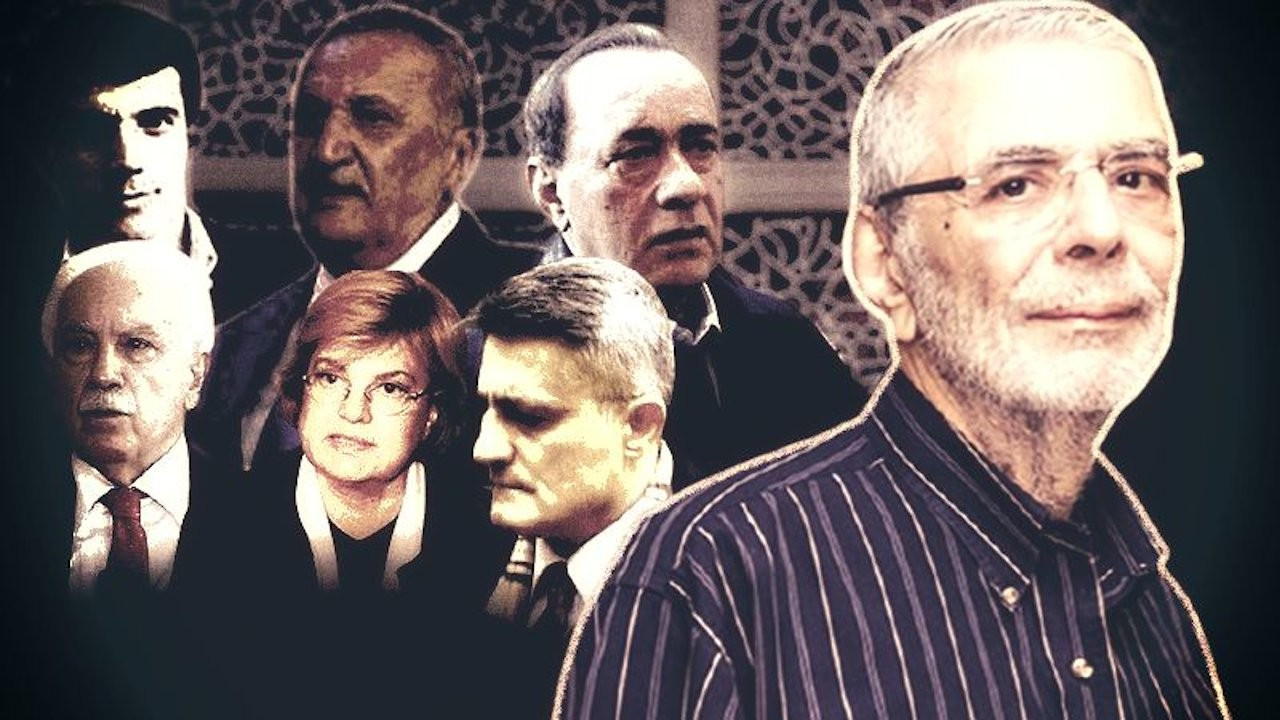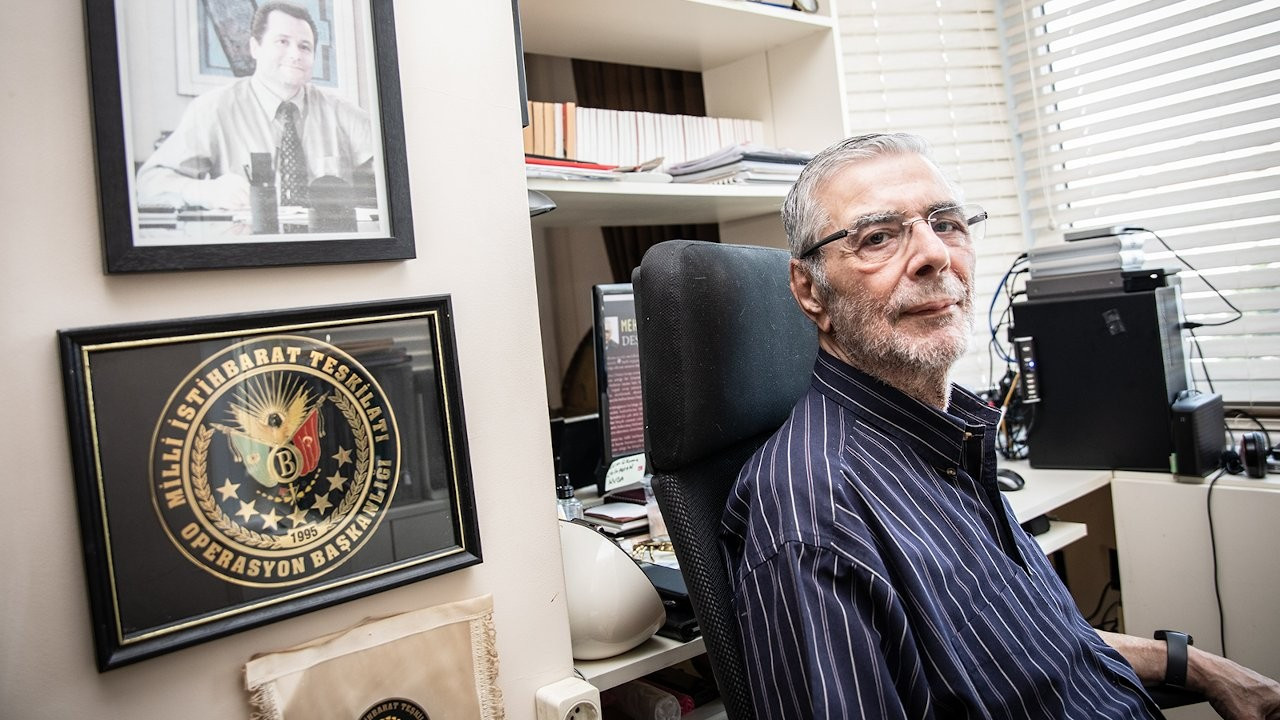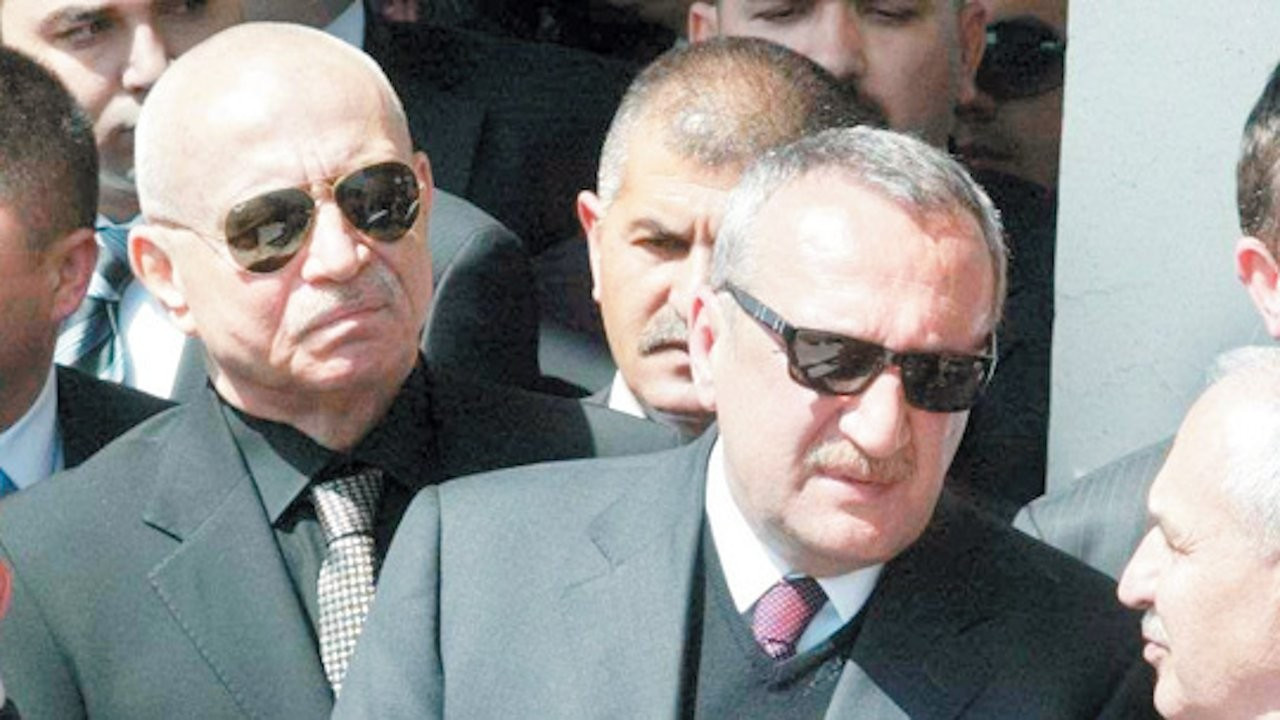Former official confirms systematic torture by Turkey's secret service
Mehmet Eymür, the former head of the counter-terror department of the National Intelligence Organization (MİT), has confirmed the institution's systematic practice of torture and said that even in some instances, deaths were occurring. “If there is no other chance of [detainees] talking, torture can be the case, because there are a lot of stubborn people,” Eymür said in an interview with news portal T24.
Duvar English
A former senior intelligence official has admitted the organization's systematic practice of torture and ill-treatment against detainees, saying that he had at the time also tortured a lot of people.
Asked by news portal T24 if he “regretted” any of his actions, the former head of the counter-terror department of the National Intelligence Organization (MİT), Mehmet Eymür, said he did not.
T24 released the second part of his interview with Eymür on Nov. 5, when the former intelligence officer continued to make shocking revelations.
He tried to justify the organization's torture practice, saying that among the people they had detained were a lot of “stubborn people” not to talk.
“If there is no other chance of [detainees] talking, torture can be the case, because there are a lot of stubborn people,” Eymür said.
Asked if these methods of torture are still practiced by the institution, Eymür said more severe versions were being implemented today, with some even leading to the person's death. “There are [today] more severe ones. There are deaths. There is a MİT member who was interrogated and [then] went missing,” Eymür said, revealing that the organization has been even torturing its own personnel.
Eymür confirmed that several cases of the disappeared people in Turkey were a result of “intelligence operations,” but still tried to justify them by saying that there was a “very big fight” and the institution had to “win in that fight.”
“No one would see torturing as a respected thing; it is only sadistic people who would see it as so. But, you are getting in a very big fight. And you have to win in that fight, or otherwise, you would lose control.”
Eymür further confirmed that these torture methods forced several people to take responsibility for the said crimes even though they had not committed them. Asked if “several people had been forced to take the blame for actions in which they were not the perpetrator,” Eymür said: “Yes, we had good interrogative personnel.”
Although confirming that beating and electric shocks were among the torture methods he used, Eymür argued that he himself did not “go too far” and that these could not be considered torture. He said that in some instances, they would tell the detainees that their beloved ones were similarly detained and that they would be inflicted pain.
“We did not do extreme things. Mostly, I wanted to use the tactics. We would make our female colleagues scream and then tell the criminal that 'We have your daughter.' The person who is screaming is our colleague. And then we would tell [the detainee], 'You had better talk or otherwise, they would be in a problem.' We would do somewhat theatre,” he said.
Eymür said that there are a lot of intelligence officers involved in many sectors, one of which was the media Asked if there are a lot of MİT personnel in the media, Eymür said: "There should be many."
Eymür was also asked about the extrajudicial executions of 1990s, for which the European Court of Human Rights (ECHR) found Turkey guilty. In many of these cases, Turkish security officials are reported to have shot people at close range or inflicted severe torture. Eymür said that these incidents were not being officially recorded by the institution on paper.
“I do not approve of them [extrajudicial executions]. I do not know much about them. There must be many issues that are not in the archives,” he said.
Turkish history has been marked by impunity for serious human rights abuses highlighted by the state’s systematic failure to hold to account members of the security forces.
In the 1990s, during the armed conflict between the Turkish military and the Kurdistan Workers’ Party (PKK), government military and security forces compelled hundreds of thousands of people to abandon their villages, and carried out enforced disappearances and killings of thousands of civilians. Affected were mainly Kurds in Turkey’s southeastern and eastern provinces.
TİHV to file criminal complaint over Eymür's remarks
Meanwhile, the Human Rights Foundation of Turkey (TİHV) said that it will file a criminal complaint with regards to Eymür's statements as they constitute a "confession."
It said that torture cannot have "any exception under any circumstances" and that Eymür's remarks reveal the impunity granted to security officials.
"Mehmet Eymür's statements, which have a characteristic of confession/evidence with regards to himself and the structures he was involved in, inflict deep wounds on the tortured people as well as on the society's conscience and damage the justice feeling in an irreparable way," TİHV said.

 Former senior intel official says Turkish state killed 18 people for moneyPolitics
Former senior intel official says Turkish state killed 18 people for moneyPolitics Former senior intel official warns of political murders in TurkeyPolitics
Former senior intel official warns of political murders in TurkeyPolitics Turkey's shady state actors from 1990s to be retried over 18 extrajudicial killingsPolitics
Turkey's shady state actors from 1990s to be retried over 18 extrajudicial killingsPolitics